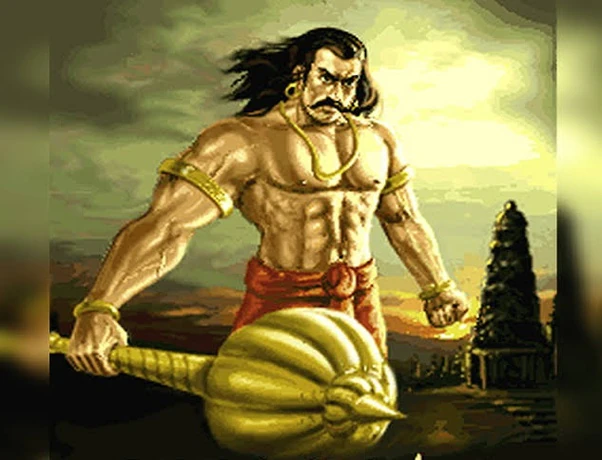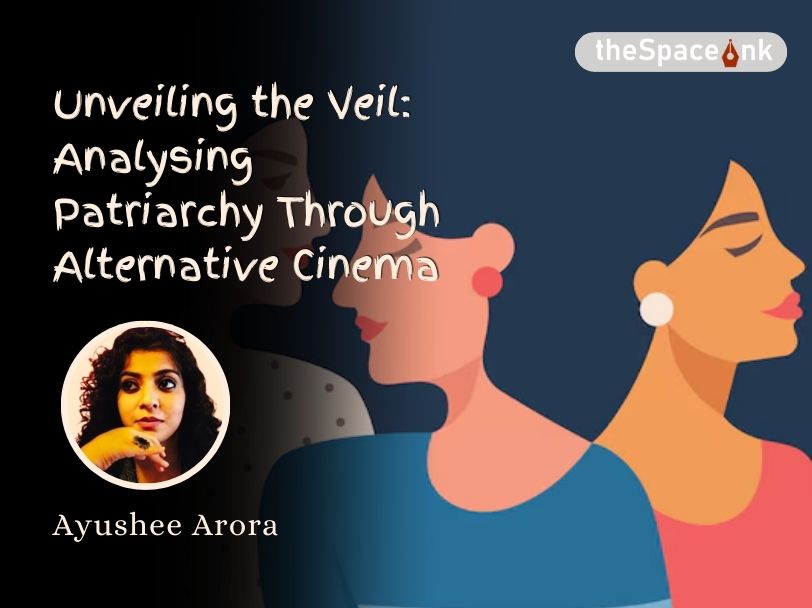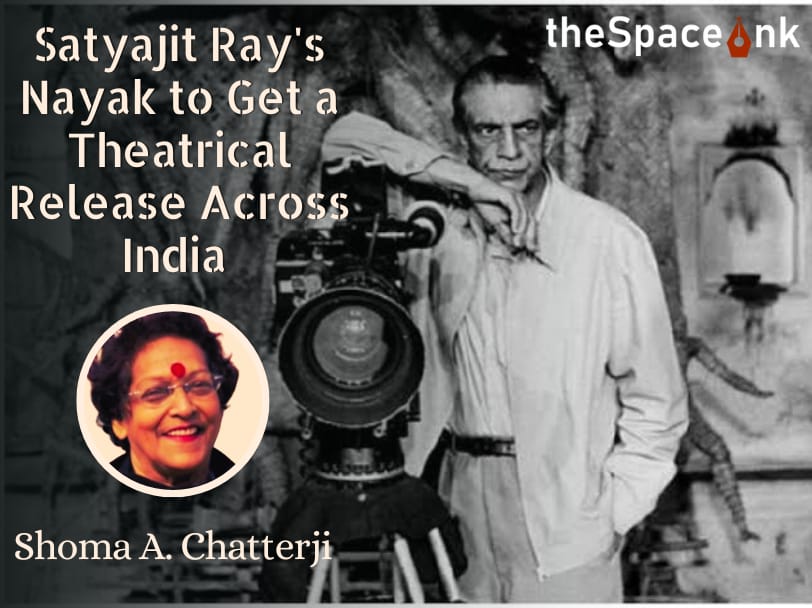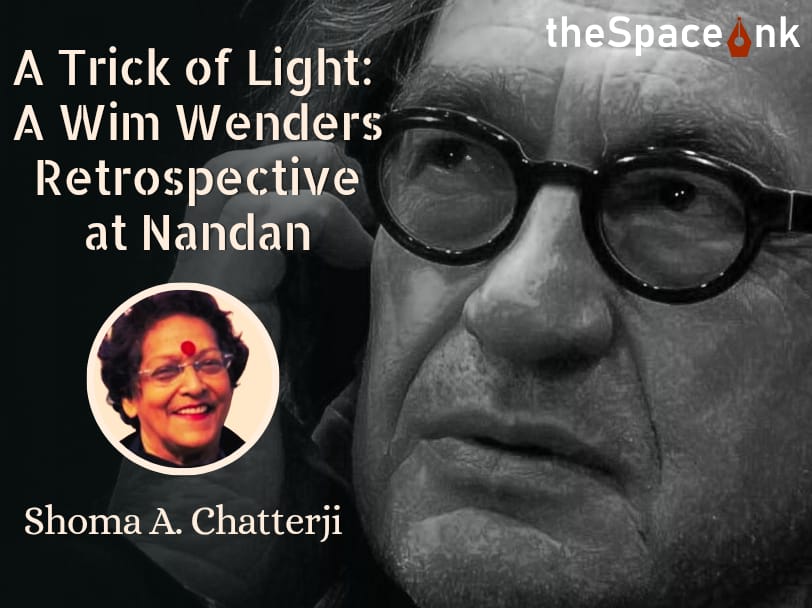The Shigmo festival comes to our village
bringing with it
thronging crowds.
Drums beat
men dance
bodies smeared with coloured powders.
But best of all are the plays.
There, by the temple of Bhavakadevi,
is the matov with the stage
where they enact the plays.
One year, three plays.
Different plays.
Social. Historical. Mythological.
Full of colour. Music.
First play
has ten roles
the second
fifteen.
And there are twenty characters in the third.
Roles multiply
but the actors remain the same.
One man plays two roles,
two men play three
and three men, between them, tackle five roles.
The parts are auctioned.
One role five rupees
five roles twenty five.
Ten rupees for the soldier
for the courtier, fifteen,
the temple functionary and the foreman
are worth twenty each.
The village headman, twenty five.
The Queen goes for thirty rupees
to play King you must pay fifty.

Bald Phatu, Rama the lame,
Sonu, Shanu,
Giri with his buck teeth
all of them bid for the roles.
‘Take the money. Give me that part.’
There’s much activity in the hall by the temple
the school master supervises the rehearsals.
Patu and Thitu sing with gusto
the Master plays the harmonium
and the students, poor things, listen.
Sonu plays the part of Dharam
Ranu is ‘Harjun’
Patu and Shanu are courtiers.
Each man attends the rehearsals
and screams at the top of his voice
“Do not create unnecessary confusion …
do you understand?”
“Sambhaji khamosh! Stand there quietly”
“This is my vow….”
“Khabardaar!
No rest shall be mine
till you have been put to the sword …!”
The rehearsals are over, today is the big day.
The play starts at ten
but everyone comes by seven —
women … children… old crones …
some young …some lame …
even a few who are blind ….
The children create a ruckus.
One blares on a toy pipe, another wails
“I want one too.”
The women gossip.
“When did you come Vhani bai …?”
“How far gone is Ushnya now…?”
“Hasn’t Shali had a baby yet?”
From Sherkulya’s engagement
to Narbada’s morning sickness
from the state of the cat’s health
to the chicken’s welfare,
everything
is discussed in detail.
Then come the men on their bicycles,
having gorged on ambil,
puffing beedies or chewing paan.
Such a commotion outside the matov
someone sells roasted gram,
another sells savouries.
There are dice games and there’s gambling.
Three pice will get you four annas
if you win you’ll get ten annas
“put your money anywhere …you’re sure to win!”
Kyacchhh …… kaccchhh
Kyacchhh …kaccchhh
the soda vendor uncorks his bottles.
Through the chinks in the reed mat walls
inquisitive children peep at the actors back stage.
This one is Shivaji.
That one’s Tanaji.
And this fellow. He’s Balaji.
Who’s that woman?
That’s Jijai.
And this one?
Rajai.
Who’s that one, then?
That one is this one’s aai.
Khannn …khann …. Khanan …
Eleven’o’clock. The first bell.
Khannn….khan … khannannn …
Half past eleven. Second bell.
Finally, at a quarter to twelve the third bell rings
and the curtain begins to rise.
Marto, the bell metal vendor, comes on stage
as the sutradhar.
To get this honour he’s had to pay seventy five rupees,
five,
he borrowed from a neighbour.
“Marto looks so nice, doesn’t he, Ushnya?”
a common sort of voice.
“Yes” a soft voice echoes assent.
“Just let us listen to the play” a raucous voice barges in.
“Why do these people come here at all …?” another voice,
bored.
The sutradhar calls out to the heroine
“Oh my beloved! Where art thou?”
In an instant his beloved,
(cheeks covered with stubble
having shaved early that morning)
floats into view
“Did’st thou call, my Lord?”
The sutradhar opens his mouth to reply
when suddenly
a child wails
bored with the happenings on stage.
He stands there
and stares.
The heroine pulls out a handkerchief
and mops a stubble covered cheek.
Meanwhile (in the matov)
“Shut up, you wretched creature!”
A threat.
Another shriek.
Then a resounding smack
and (on stage) the prompter’s frenzied whisper
“… go on with the next lines …forgotten or what?”
And that’s the end of the sutradhar’s role.
Minutes tick past.
The heroine is changing into a courtier’s garb.
Then, the thick forest
with Radha and Krishna seated on the swing
slowly curls up
and disappears (the curtain rises, you see,)
and there, on stage, is Duryodhan’s palace.
Sonu, Marto, Mashno, Phondo,
bearded and be-whiskered
sit there, as Kings.
They sit like those men in the photographs.
‘Harjun’ delivers his speech
Shakuni admires his clothes.
Duryodhan twirls his moustache
as he casts a benevolent eye
over everything that has fallen to his lot.
Each man is delighted
what he had never hoped for even in his wildest dreams
all that is his, on stage, today.
Duryodhan rants and raves
the others reply
words Crash and Bounce,
Rumble and Resound
when in comes Gandhari, blindfolded,
her words slurring against each other
(poor thing, must have been shaken out of a deep sleep).
“Isn’t that Dulgya’s husband, now?” someone asks
“Don’t think so” another replies.
Meanwhile
up on stage
Duryodhan bursts into song
as though he were fighting with someone.
The song ends
and Kali ambles on stage as Narada
“Narayan …Narayan” he goes.
and down in the matov
an old woman prostrates before him
convinced that God has appeared.
The first act ends.
In the matov there’s a ruckus all over again
children scream, men gossip, women fight.
“Can’t you sit straight?”
“Mother … she’s kicking me …”
“Are you blind or something?”
“Yes. What will you do?”
The same women, the same voices.
Outside
there’s a commotion yet again
soda bottles pop, the dice rattles
opinions are expressed.
“Marto was wonderful!”
“Shanu was terrific!’
“Ranu was no good at all.”
Three men. Three opinions.
Ten men. Fifteen opinions.
Khann …khan ….khannnnnnnn
The second act begins.
The children are asleep and dreaming by now,
half the women have begun to nod.
“Phulu, you must tell me the story tomorrow.”
“I will. You go to sleep.”
Up on stage
the actor who’s playing the heroine’s part
dissolves in tears
“I’m not married yet” he sobs.
Down in the matov
a woman
with a daughter of marriageable age,
dabs at her eyes nodding in sympathy.
At that moment
a girl nudges her mother and says
“Doesn’t he look like Gulabi mavshi’s daughter?”
and the mother,
half asleep, says “Yes.”
An actor, clad in kingly robes,
garlands the heroine.
“Is she a real actress?”
a man in the audience, cap on head,
springs to his feet.
“Hey you, you with the cap! Sit down!”
a voice calls out.
“Quite excited he’s getting! That old man!”
an irreverent youngster comments.
The second act ends
so do the third, and the fourth ….
and now the fifth act begins …..
The soda vendors make their way home,
their pockets bulging.
The men around the gambling tables
slink away, empty handed.
“What is there to see in these plays?
We know what they’ll do”
one of those who has lost heavily at dice, grumbles.
“Do you think these fellows can act?”
another chimes in.
All the women in the matov are stepping
into the realm of Sleep
the children are well into Sleep’s second phase.
Bheem and Duryodhan trade blows
as turbaned old men
and callow youngsters
egg them on.
“Harder … more force!”
“Hit him …!”
“Bheema ….let fly your bow!”
“Duryodhana ….will you be humbled by this man?”
And somehow, by mistake,
Duryodhan lets fly a stinging blow
(perhaps Marto takes revenge
because Sonu hasn’t repaid a loan)
and Bheem is sprawled on the ground
with Duryodhan sitting on his stomach.
The play draws to a close
they begin to sing Vande Mataram on stage …
The men in the matov nod,
the women snore
the children
almost out of the third phase of sleep
are ready to awaken soon.
Some children shake their mothers awake
“Come on Avai, let’s go home.”
“Wait a bit. Let the play get over first …” she mumbles.
Elsewhere, some mothers shake their children awake
“Now get up Shobhana. The play is over.”
“Pick me up. Carry me home.”
“Wretched creature!”
The strains of Vande Mataram on the stage die down
the first cock begins to crow.
People trudge homewards
drowsily
cursing the actors
in the glimmering half light
as the scent of the night queen fills the air …
Translation of Konkani poem ‘Raat Thodi Savonga Chod’ by Aravind (Ana) Mambro.
All Images: Google
Vidya Pai has translated 8 Konkani novels and many short stories for leading publishers like the Oxford University Press, Harper Perennial, Sahitya Akademi, National Book Trust, Katha, Konkani Language and Cultural Foundation, Mangalore, etc.







